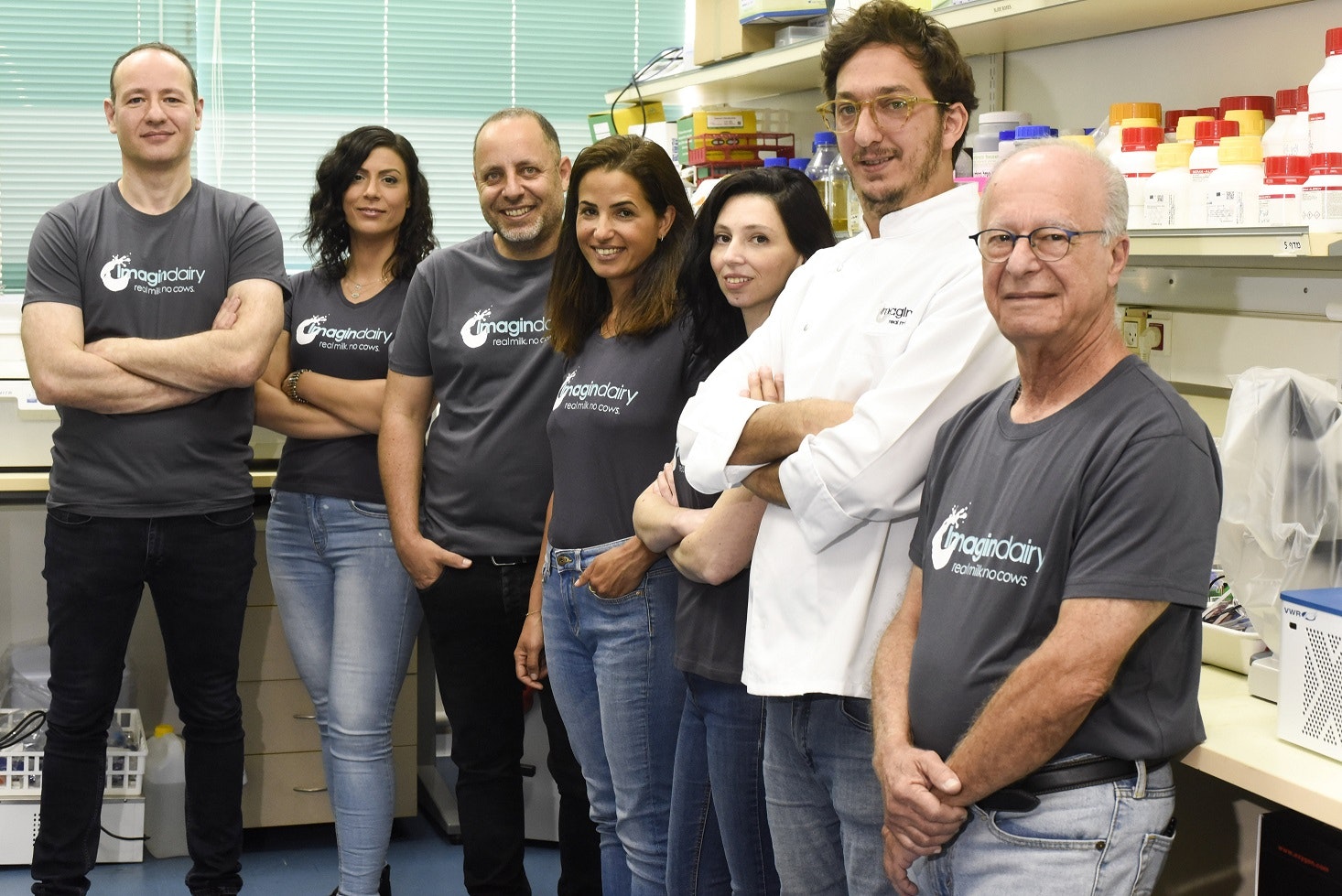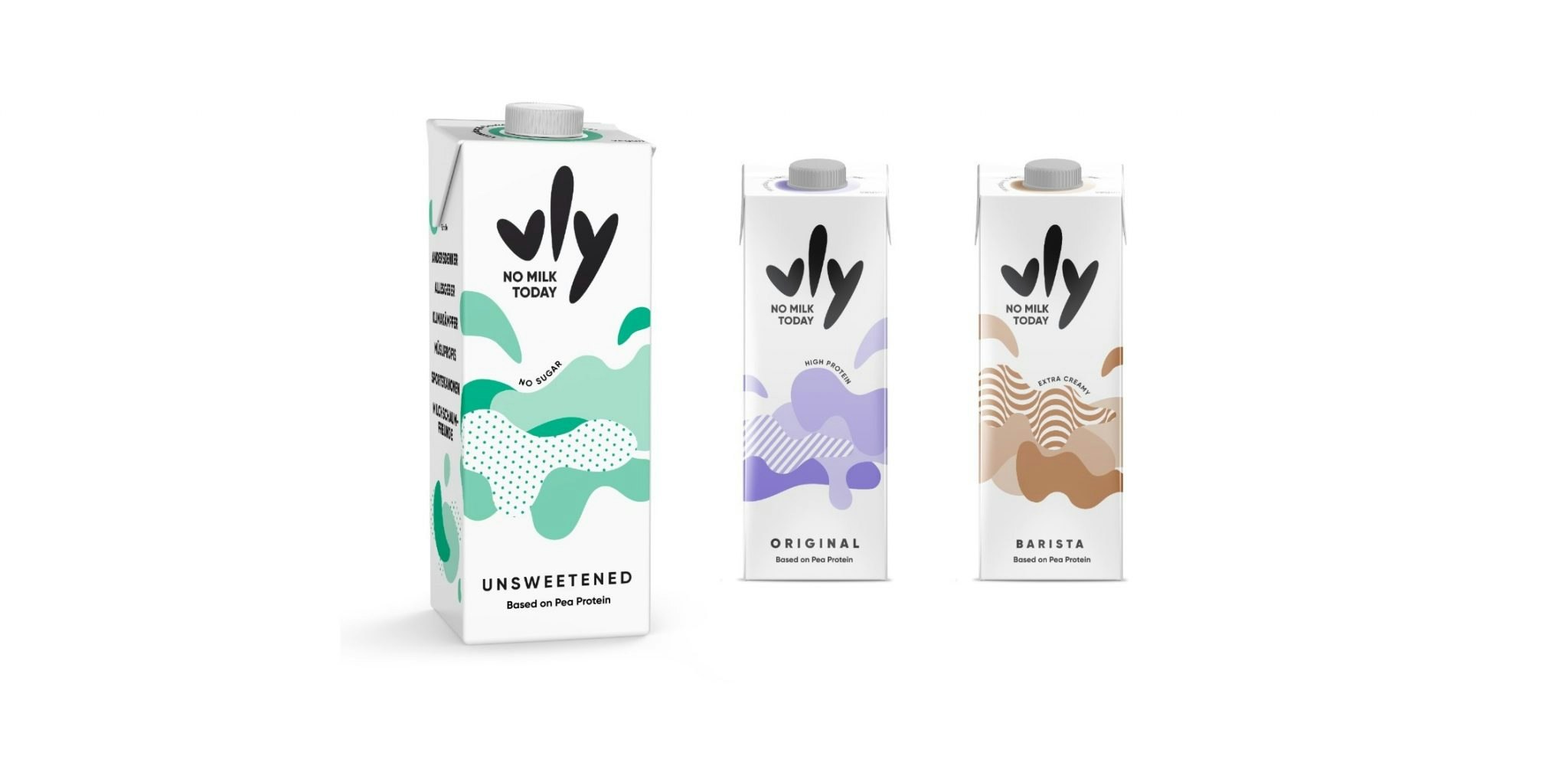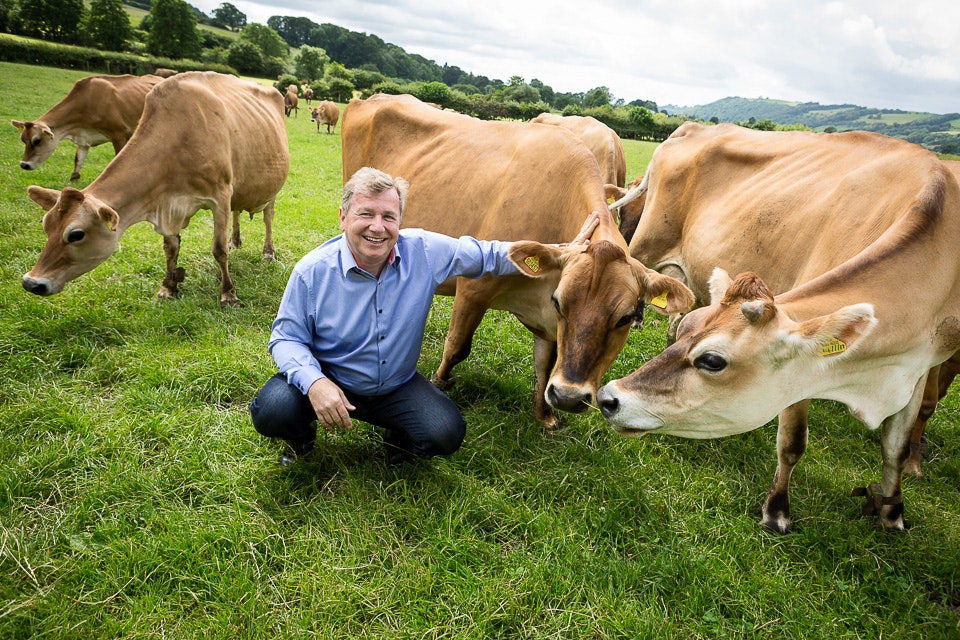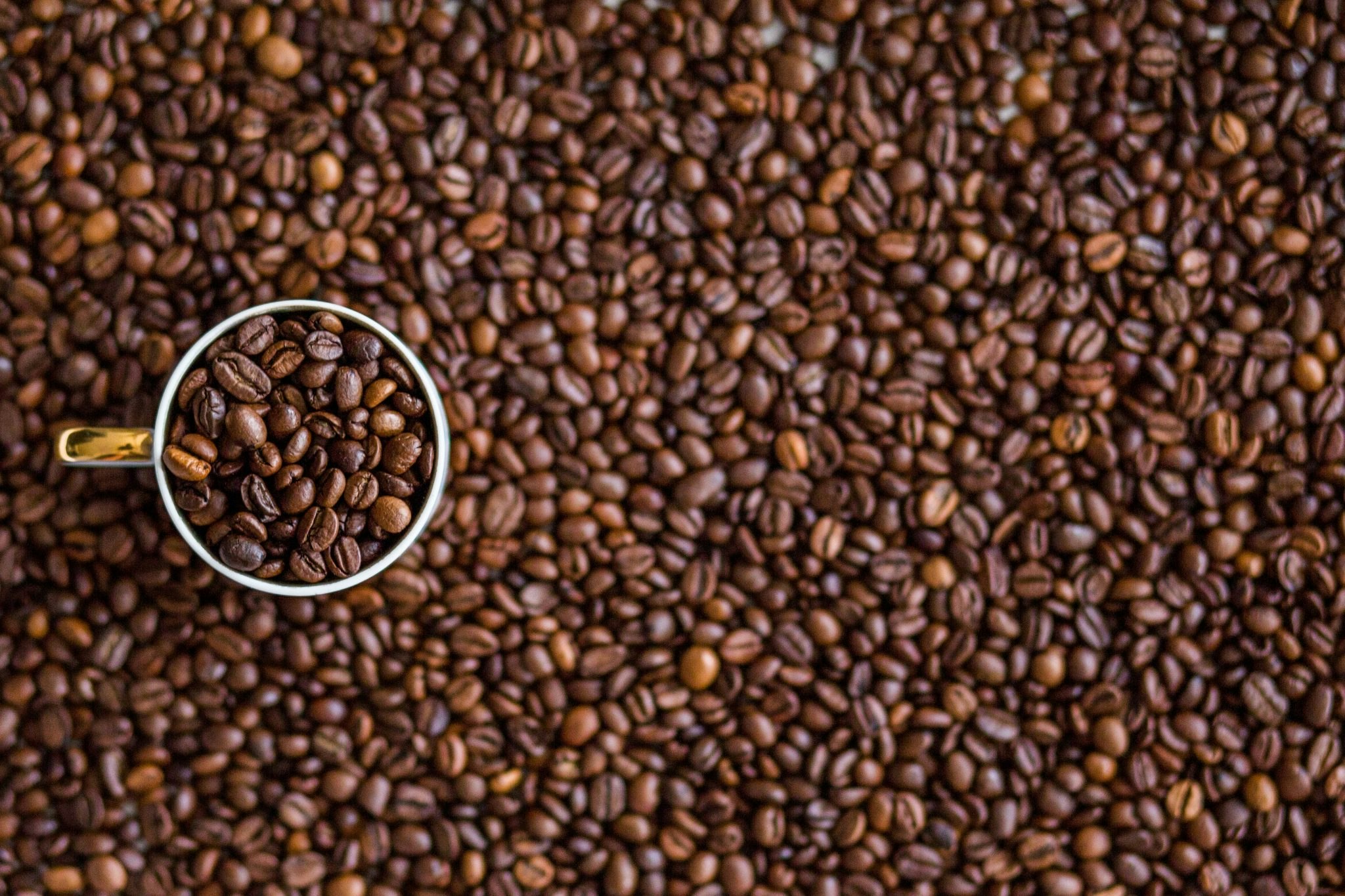Welcome to The Big Idea, where each week we pick a company with a weird, wacky or gamechanging notion that could have a massive impact on the world around us.
Next up is Imagindairy, which is making milk using microorganisms rather than cows. If it takes off, it has the potential to upend the $1tn dairy industry.
What’s the problem?
The world is addicted to milk — the global dairy industry is estimated to be with a close to $1tn, and we gulp down around more than 843m tonnes of the white stuff a year. But the dairy industry produces a lot of methane, a potent greenhouse gas, and is also seen by many as cruel to dairy cows.
While a lot of milk substitutes have emerged, using everything from oats and soya to peas and hemp, they don’t quite taste the same as milk or behave the way it does in cooking. Let’s be honest, vegan cheese really isn’t much like the real thing.
“Plant-based products suffer from a low protein content and are often missing some of the essential amino acids needed in a human diet,” says Eyal Afergan, CEO of Imagindairy. “They also have a different taste and mouth-feel. They can have a strong aftertaste when they are highly concentrated.”
But what if you could produce something with exactly the same protein structure as milk — just not using any cows? This is what the team at Israel-based Imagindairy set out to do, using modified microorganisms to produce milk.
What’s the Big Idea?
Imagindairy uses a technique called precision fermentation. Similar to the process of brewing beer, it uses microorganisms that have been genetically modified to produce casein and whey proteins — the components that make up cow’s milk.
Genetically modified microbes are already widely used in the pharmaceutical and biotech industries to 'brew' various products, such as vaccines, anti-cancer drugs and antibiotics. A range of microorganisms — bacteria, fungi and yeast — are regularly used as flexible microfactories for various organic molecules.
The same technique is also used in the food industry to produce rennet, an enzyme necessary for making cheese.
Perfect Day, a US-based startup founded in 2014, already uses precision fermentation to produce animal-free milk, yogurt, cheese and ice cream, but Imagindairy is the first challenger on this side of the Atlantic. It also believes that applying its proprietary machine learning algorithms to the process will make it far more efficient and easier to scale up.
“Precision fermentation is not new, but it is a question of who is going to do it most efficiently,” says Afergan.
“What farmers did over thousands of years, selectively breeding cows for optimum milk production, we can do much more efficiently in microorganisms, using big data and artificial intelligence,” says Afergan.

How far along is this?
Imagindairy is just completing the R&D phase of the project and next will look at ways to commercialise the technology. Afergan says the microbe-based milk could be available on the market in two years.
The company is in talks with a number of global dairy companies about developing production facilities. Much in the same way that meat producers are investing in cultured meat startups, dairy companies are keen to have a stake in milk alternatives, says Afergan.
Imagindairy is planning a B2B strategy, selling to dairy and food companies, rather than developing its own consumer brand.
What does the endgame look like?
Once you get the hang of making milk, you can also start to improve it. Imagindairy already takes out lactose, the sugar that many people are intolerant to, as well as cholesterol. But you could also change the ratios of casein and whey, for example, to make 'high performance' milk for sportspeople.
“Ultimately the dairy companies will decide which direction to take the product,” says Afergan. “But we can create many different recipes.”
Imagindairy took $1.3m in seed funding last year and plans to raise another round to help commercialise the product and expand its current team of six. Considering that US rival Perfect Day raised a $300m Series C round last year, there's plenty of scope for investors here.


